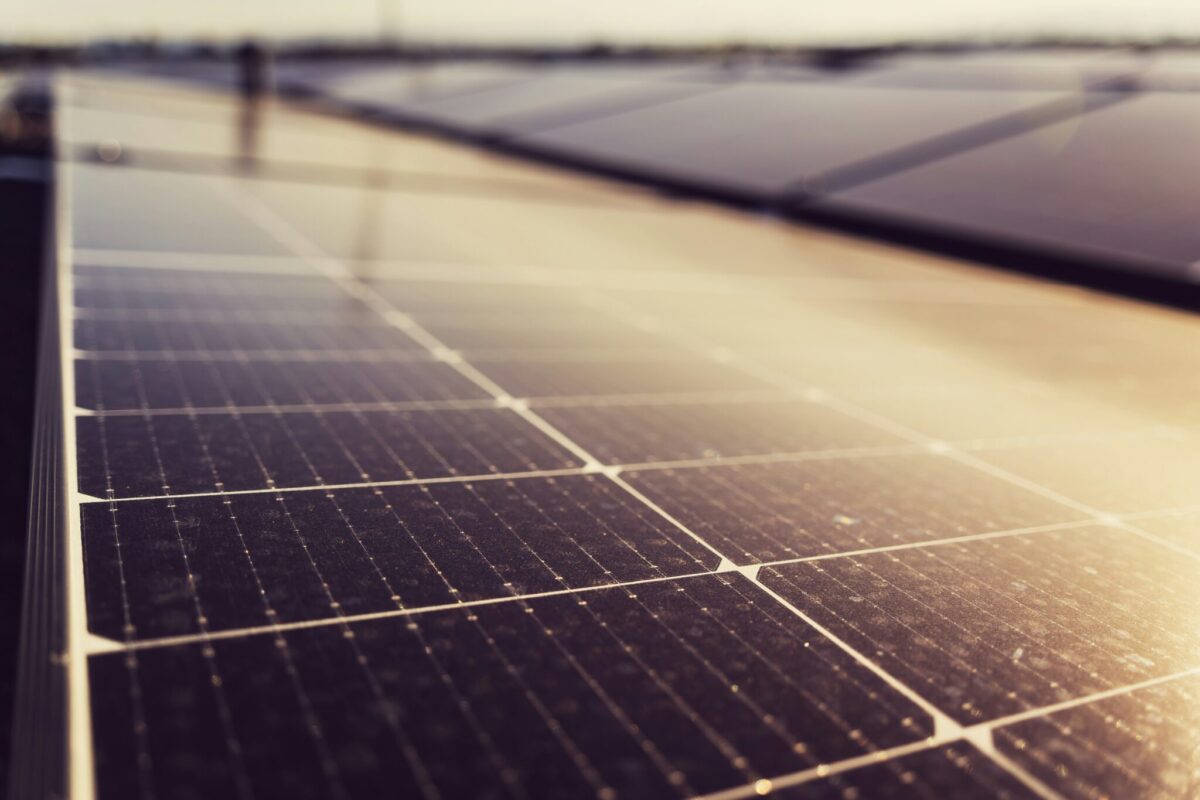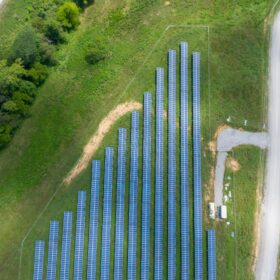Adapture Renewables announced it has acquired a portfolio of three projects in the MISO grid region with a combined capacity of 333 MWac / 450 MWdc. The projects are located in Illinois and Arkansas and were acquired from TED Renewables.
Once operational, the projects will more than double Adapture Renewables’ portfolio of operating assets to a total of about 800 MWdc. Together these projects are expected to generate enough electricity to power over 72,000 homes annually and avoid the equivalent emissions of 121,432 gas-powered cars driven for a year.
Illinois and Arkansas are high-growth states for solar, ranking in the top third of U.S. states for deployment growth projections over the next five years, according to the Solar Energy Industries Association (SEIA).
The MISO projects will employ local contractors and businesses during construction phases and will continue to support operations and maintenance jobs once activated. All three projects acquired are in the pre-Notice to Proceed stage, with commercial operations dates anticipated for 2025 and 2026.
Adapture Renewables is owned by Kirkbi, the private holding and investment company of the Kirk Kristiansen family, creators of the Lego brand. Adapture is based in Oakland, California.
MISO development
MISO, or the Midcontinent Independent System Operator, is a grid-operator region spanning from Louisiana through Michigan and the Dakotas.
In 2022 the grid operator approved a plan to build six transmission lines across nine states to support the influx of new renewable energy capacity like the Adapture projects. The lines are expected to enter service near the end of the decade.

The lines will support interconnection of 53 GW of renewables, and although they will cost $10.3 billion, they will reduce other costs by $37 to $68 billion, said Johannes Pfeifenberger, a principal with The Brattle Group.
Given that the first stage of MISO’s new transmission won’t be completed for six to eight years, the Clean Grid Alliance called for “stopgap measures” such as grid enhancing technologies, which can increase the utilization of existing transmission lines, “to be able to continue to deploy renewables and storage.”
This content is protected by copyright and may not be reused. If you want to cooperate with us and would like to reuse some of our content, please contact: editors@pv-magazine.com.









By submitting this form you agree to pv magazine using your data for the purposes of publishing your comment.
Your personal data will only be disclosed or otherwise transmitted to third parties for the purposes of spam filtering or if this is necessary for technical maintenance of the website. Any other transfer to third parties will not take place unless this is justified on the basis of applicable data protection regulations or if pv magazine is legally obliged to do so.
You may revoke this consent at any time with effect for the future, in which case your personal data will be deleted immediately. Otherwise, your data will be deleted if pv magazine has processed your request or the purpose of data storage is fulfilled.
Further information on data privacy can be found in our Data Protection Policy.